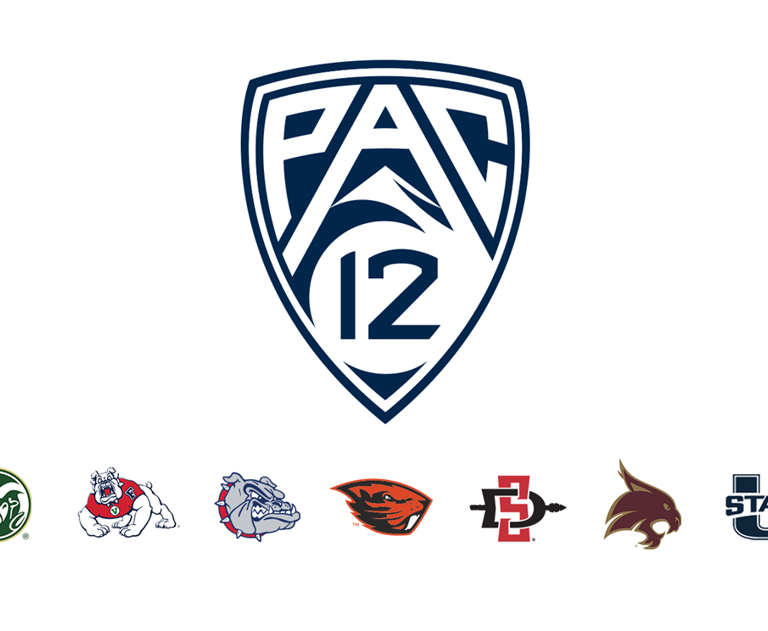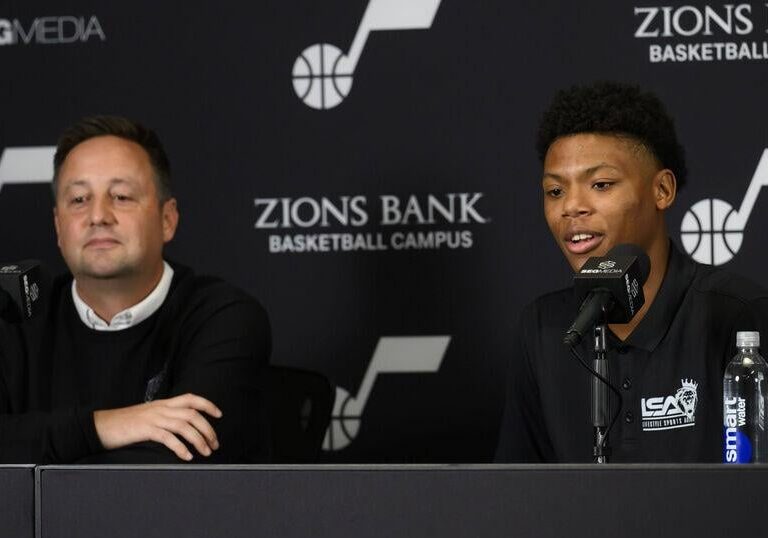
LOGAN – Utah State running back Rahsul Faison is expected to enter the transfer portal after a potentially monumental court ruling may be paving the way for Faison to have another year of collegiate eligibility.
On Wednesday, a federal judge in Tennessee granted Vanderbilt quarterback Diego Pavia an injunction that will give him another year of eligibility. The dispute revolved around Pavia’s time at a junior college. The NCAA’s longstanding policy is that years at a junior college count toward the five years to play four seasons model.
Pavia and his legal team contended that the policy of playing at the junior college level impacted his earning potential via NIL. The NCAA defended its policy while also arguing setting this new precedent would cause a significant disruption to collegiate athletics. The judge ruled in Pavia’s favor.
The judge ruled that the NCAA could not stop Pavia from playing another year on the basis of having played at a junior college.
Wednesday’s ruling isn’t the final say, but it could very well open the floodgates for players with a history in the JUCO ranks to take full advantage of the extra year or two of eligibility. Faison is one such example.
Pete Nakos of On3 Sports reported Wednesday that, in direct response to the Pavia ruling, Faison had decided to enter the transfer portal. He had previously declared his intentions to enter the NFL Draft. This decision followed what was a career season in which Faison ran for 1,109 yards and eight touchdowns. In two seasons at USU, Faison accumulated just shy of 2,000 total scrimmage yards (1,845 rushing, 151 receiving) and 13 total touchdowns.
According to Nakos, via Faison’s agent, the former Aggie running back was expected to receive some consideration to be selected in the later rounds of the NFL Draft. Most online running back position rankings have yet to place Faison on their rankings, showcasing the uphill battle Faison would have faced to gain attention in the draft process.
So far, Faison appears to be the only Utah State player actively looking into pursuing another year of eligibility through the potential loophole that the Pavia ruling may have created. There are more than 20 players from USU’s 2024 roster that have spent at least one season at a junior college, several of whom played what was presumably their final year of eligibility in 2024.







